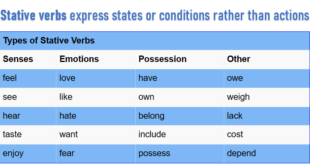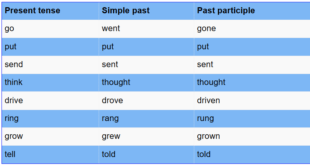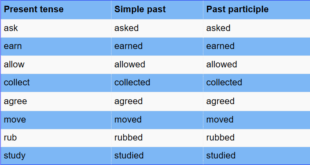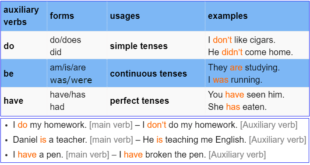Present Perfect Progressive
![]()
We use the present perfect progressive tense (also called the present perfect continuous tense) to express an action or event that started in the past and is still in progress.
- I have been learning English since I was 10.
- She has been playing tennis for over 20 years.
- They have been waiting for a very long time.
Form: subject + have been/has been + verb-ing
| Positive | Negative | Question |
| I have been watching. | I haven’t been watching. | Have I been watching? |
| You have been working. | You haven’t been working. | Have you been working? |
| She has been waiting. | She hasn’t been waiting. | Has she been waiting? |
We can use the words “who, what, when, where, why, how” before “have” or “has” in interrogative sentences.
- What have I been watching?
- Why have you been working?
- How long has she been waiting?
Contractions in the present perfect progressive tenses.
| Long form | Short form |
| I have been waiting. | I‘ve been waiting. |
| I have not been waiting. | I haven’t been waiting. |
| You have been waiting. | You‘ve been waiting. |
| You have not been waiting. | You haven’t been waiting. |
| She has been waiting. | She‘s been waiting. |
| She has not been waiting. | She hasn’t been waiting. |
| It has been waiting. | It‘s been waiting. |
| They have been waiting. | They‘ve been waiting. |
Short answers in present perfect progressive tenses
- Have you been learning English for a long time? — Yes, I have [we cannot use any contraction in positive answers]; – No. I haven’t.
- Has she been playing tennis? — Yes, she has. – No, she hasn’t.
We don’t use “for” with phrases like “all day, all night, all week, etc.”
- ꭗ It has been raining for all week. ✓ It has been raining all week.
- ꭗ He has been coughing for all night. ✓ He has been coughing all night.
We cannot use stative verbs in the present perfect continuous tense in English.
- ꭗ I have been knowing Jane for a long time. ✓ I have known Jane for a long time.
- ꭗ She has been wanting to visit Canada for years. ✓ She has wanted to visit Canada for years.
Present Perfect Progressive, envocabulary.com




